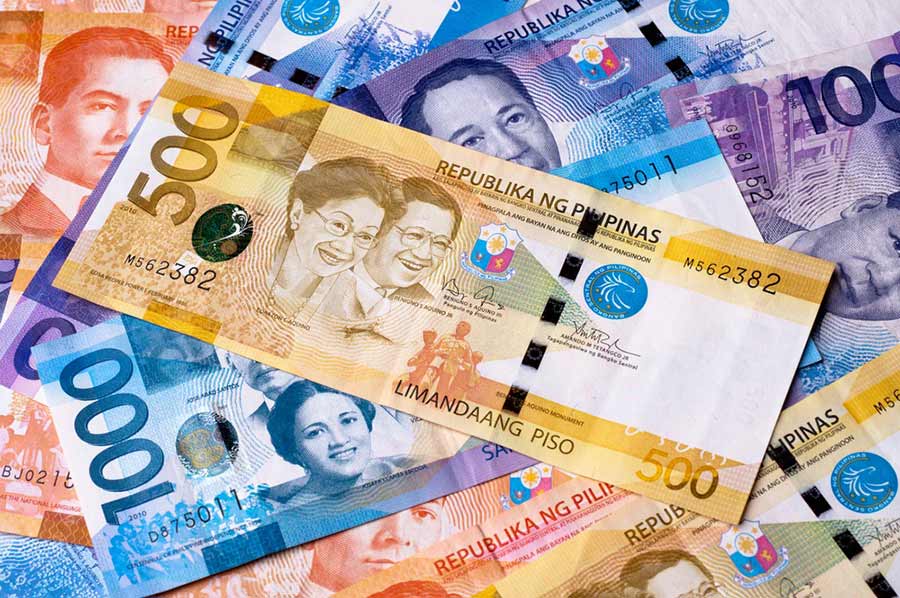Monetary and fiscal officials expect the Bangko Sentral ng Pilipinas (BSP) to either raise the overnight lending rate by 25 basis points (bps) or keep the status quo when it meets this March, amid the continuing rise in rates globally to fight inflation.
Finance Secretary Benjamin Diokno said Monday the BSP could decide to either hike the key interest rate by 25 bps or keep policy settings unchanged at its next meeting on Thursday amid uncertainties.
Diokno, who sits in the central bank’s policy-making monetary board, expressed optimism inflation will ease to around 4 percent towards the end of the third quarter.
“The option now is not to hike or to hike by 25 bps,” Diokno told a forum organized by foreign correspondents.
The BSP has raised rates eight times for a total of 400 bps since last year to curb inflation, bringing the overnight reverse repurchase facility rate to 6.0 percent, the highest since 2007.
Investment bank First Metro Investments Corp. (FMIC), meanwhile, said it is looking at the BSP raising rates by 25 bps.
FMIC, however, said the hike, which will bring the country’s overnight lending rate to 6.25 percent, will not be enough to stop the depreciation tendency of the peso given the US Federal Reserve’s resolve to raise its policy rates by 25 bps in March and in May, as well as given the country’s growing trade deficits.
The recent Silicon Valley Bank (SVB) failure in the United States will not derail the US Fed’s rate hike plans, FMIC added.
FMIC said amid negative headlines haunting the economy, it still shows signs of vitality as the manufacturing sector posted double-digit growth in January.
“We think inflation has hit a peak in January and is now on a downtrend which should ease worries about a slowdown in consumer spending. We think the latter shall find support in the personal income tax cut effective January 2023 and solid OFW (overseas Filipino worker) remittances,” it said.
The declining inflation will then cushion the inflationary impact of the SVB collapse, seen to temper the US Fed’s rate hike plans to just 25 bps.
FMIC said as of end-February, the Philippine Stock Exchange has retreated by 3.5 percent given the tight monetary policy globally.
“Nonetheless, the PSEi which had strong support at 6,500 pierced through it downward by March 14th to 6,393.33, as net foreign selling speeded up due to the SVB failure in the US.
At this level, market price-to-earnings (PE) has dropped to 13.6x, some 12.5 percent lower than the 10-year average PE of 15.5x. This could become attractive for long-term investors, but during a period of strong risk aversion, that may convince only the brave,” it said.
Annual inflation eased slightly to 8.6 percent in February from 8.7 percent in January, slowing for the first time in six months on lower transport and food prices, but remains well outside the 2 to 4 percent target band for the year.
Diokno, meanwhile, said he would not be surprised if the BSP cuts the banks’ reserve requirement ratio to a single-digit level from the current 12 percent before year end.




